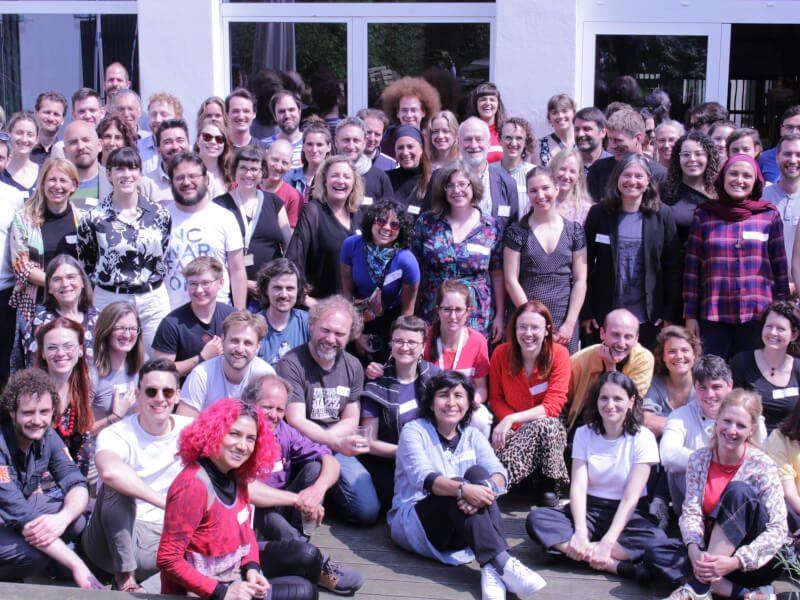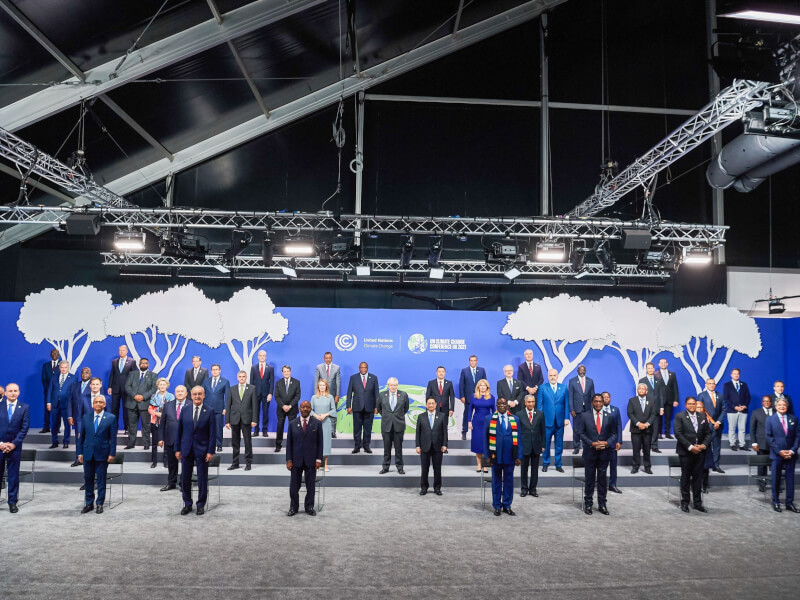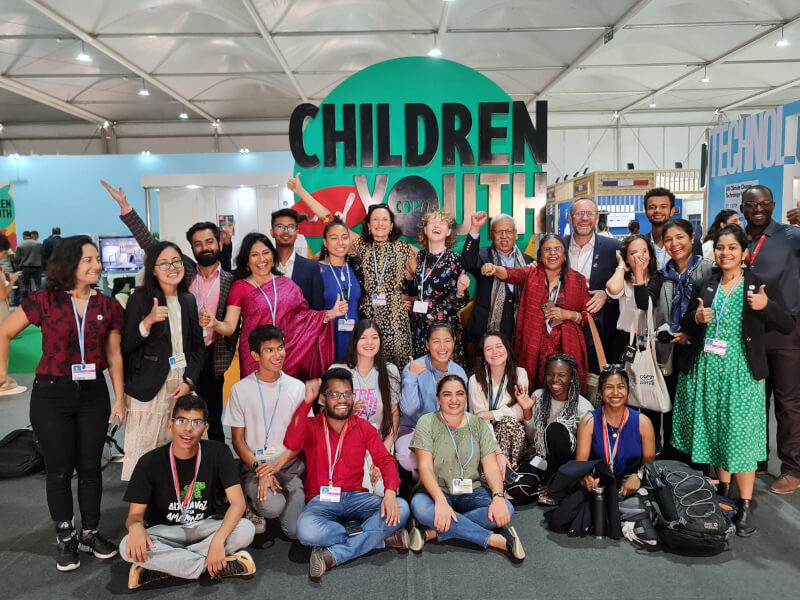13 January 2023 – As Davos kicks off, 30 world-leading economists and economic thinkers from 16 countries have signed an open letter to world leaders calling for bold steps to tax wealth, income and companies to avoid a dangerous threat to democracy.
Jayati Ghosh, Professor of Economics at University of Massachusetts Amherst, said “This week many of the richest people on Earth will gather at the World Economic Forum in Davos in the Swiss Alps to discuss the many crises threatening the global economy. However, it is unlikely they will have the courage to discuss the real roots of these issues – skyrocketing wealth and income inequality.”
According to the letter, most people are “ kept in a state of economic insecurity”, despite the world being wealthier than ever before. “Rising costs of living, stagnating wages, a looming recession and enduring poverty” are contributing to inequality reaching such extreme heights that they are now a threat to democracy. In addition, in the middle of the climate emergency, the richest 1%— over 80 million people — are the fastest-growing source of emissions by far.
The Transformational Economics Commission of the Earth4All initiative concludes that, left unchecked, wealth and income inequality will continue to grow with devastating consequences including rising social tensions and unrest. The Commission finds that the growing chasm between the super-rich and the rest of society threatens to fuel distrust and undermine the foundations of democracy, making it more challenging for governments to tackle the many crises the world currently faces.
Sandrine Dixson-Declève, Co-President, The Club of Rome said: “If we value democracy the world must undergo a profound economic transformation. Simply put, we need a new social contract in society. Unfettered, directionless growth has been allowed to continue for long enough, driving a gaping chasm between the super-rich and the rest of society. It’s time to fix it. Fairer wealth and income distribution will reduce social tensions and improve wellbeing for all, making democracies more stable and resilient against the many challenges they currently face.”
Jorgen Randers, Professor Emeritus of Climate Strategy at BI Norwegian Business School commented “Unless there is extraordinary action to solve the global problem, the result will be decline in human wellbeing over the next generation – both in rich and poor nations. The resulting decline will generate social tension and could create a very real risk of social collapse in vulnerable nations. A small reduction in individual consumption growth is a small price to pay for better wellbeing for all.”
Speaking at Davos this week, Dixson-Declève and Randers will both highlight the need for urgent action and point to possible taxation policies addressed in the Earth4All initiative and their recent book Earth for All: A Survival Guide for Humanity.
An excerpt from the letter says:
“If we value democracy, if we value stability and if we value our future, governments need to redistribute wealth and income more fairly.
We propose that by 2030 the wealthiest 10% in all countries receive less than 40% of national incomes. There are many levers required to affect such a fundamental transformation – but all of them require much higher levels of public engagement and spending. Reducing wealth and income inequalities can be achieved through progressive taxation on both income and wealth for individuals and corporations.
Unfortunately, most tax systems around the world are both outdated and regressive. They simply cannot deliver the revenues required, or ensure that the rich pay more than the poor relative to income. But there are ways to fix this, if there is political will to take the right measures. This is why we ask world leaders to take bold steps this year to:
- Tax wealth, especially the assets of the extremely wealthy wherever this wealth is held, including tax havens, and make this possible by developing and sharing national registries of assets held in different forms.
- Tax income, including income from capital, more progressively
- Tax companies – apply a minimum global tax on companies in 2022 that is close to the global average rate of 25%, and make multinational corporations subject to the same rates as domestic companies by introducing unitary taxation of their global profits on the basis of individual country shares of sales, employment and assets held in each country.
- Tax windfall profits in all sectors, especially profits made during periods of scarcity and speculation when the rest of the world is worse off.
- Tax luxury carbon and biosphere consumption and phase out all tax incentives for fossil fuels.
To complement such efforts, governments must once and for all close international tax loopholes and eliminate perverse taxation structures with a view towards investing all revenues from progressive wealth and income tax in social programmes, gender empowerment, decarbonisation and the transformation of energy and food systems that service people’s needs.
Business leaders gathering in Davos this week may feel that this strategy is against their short term and individual interests, but this is a very limited and ultimately self-destructive view. We call on them to champion this agenda and be a positive force for democracy, stability and the long-term future of humanity.”
The letter is endorsed by the Transformational Economics Commission of Earth4All, a group of leading academics and experts created to explore new economic thinking based on models of different future scenarios on earth. Signatories include:
- Sharan Burrow, Former General Secretary, International Trade Union confederation (ITUC) 2010-2022
- Robert Costanza, Professor of Ecological Economics, Institute for Global Prosperity (IGP) at University College London (UCL)
- Sandrine Dixson-Declève, Co-President, The Club of Rome and Project Lead, Earth4All
- Lorenzo Fioramonti, Professor of Political Economy, Director of the Institute for Sustainability, University of Surrey
- John Fullerton, Founder and President, Capital Institute
- Owen Gaffney, Earth4All Project Lead and Chief Impact Officer Nobel Prize Outreach
- Jayati Ghosh, Professor of Economics, University of Massachusetts Amherst
- Tim Jackson, Professor of Sustainable Development and Director of CUSP, the Centre for the Understanding of Sustainable Prosperity at the University of Surrey
- Jorgen Randers, Professor emeritus, BI Norwegian Business School, co-author The Limits to Growth
About Earth4All
Earth4All is a vibrant collective of leading economic thinkers, scientists and advocates, convened by The Club of Rome, the BI Norwegian Business School, the Potsdam Institute for Climate Impact Research and the Stockholm Resilience Centre
Earth4All builds on the legacies of The Limits to Growth and the Planetary Boundaries frameworks. Earth for All: A Survival Guide for Humanity, was published in September 2022 and presents the results of a remarkable two-year research collaboration. Lead authors of the book include Ghosh, Dixson-Declève, Randers, Owen Gaffney, Johan Rockström, and Per Espen Stoknes.
The book is the result of collaboration between the 21st century Transformational Economics Commission and systems analysts and modelling teams. The full list of contributors can be found here.






